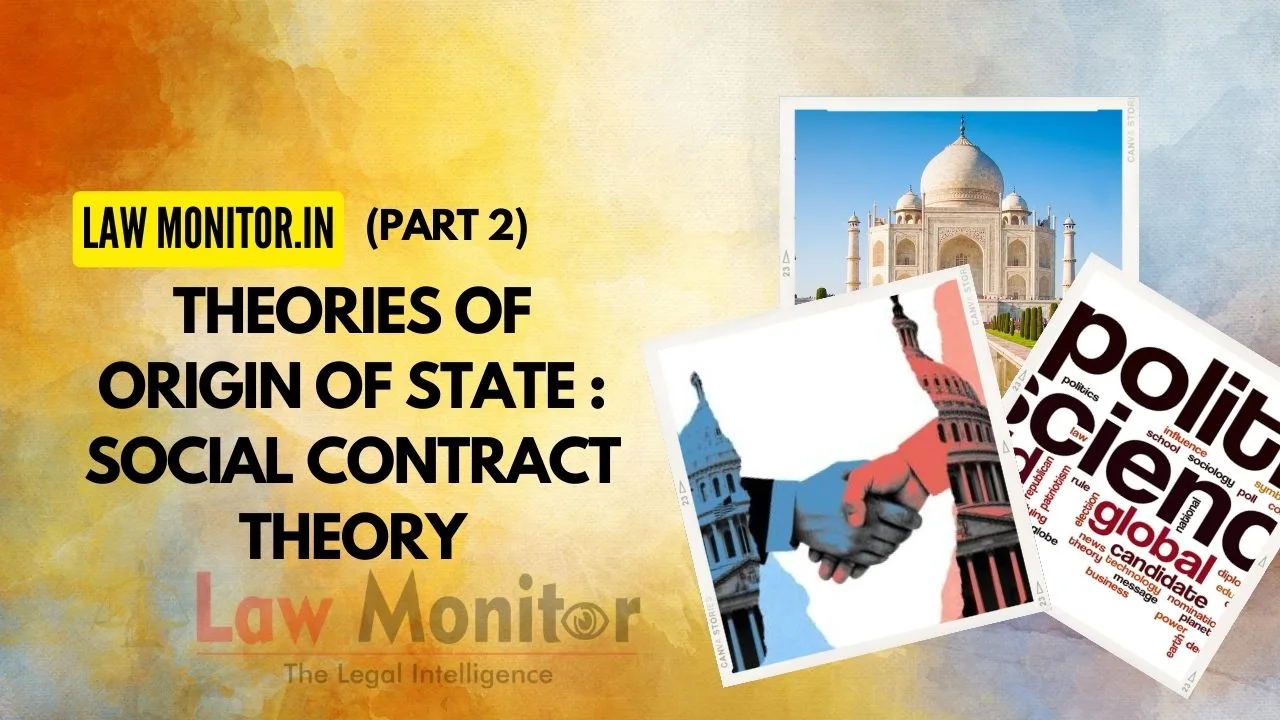SOCIAL CONTRACT THEORY ARE GIVEN BY and when:
Contents
Thomas Hobbes ( 1588-1679) : Leviathan (1651)
John Locke ( 1632-1704) : Second Treatise of Government (1689)
Rousseau ( 1712-1778)
SOCIAL CONTRACT THEORY
Thinkers:
- Thomas Hobbes:
- Nature of State: The state of nature is a condition of constant conflict and competition for resources. Life is “nasty, brutish, and short.”
- Contract Formation: People enter into a social contract to escape the state of nature and establish a powerful, centralized authority to maintain order and security.
- John Locke:
- Nature of State: The state of nature is a state of equality and freedom where people have natural rights to life, liberty, and property.
- Contract Formation: The social contract is formed to protect and preserve these natural rights through a limited government that serves the people’s interests.
- Jean-Jacques Rousseau:
- Nature of State: In the state of nature, people are inherently good and free, but societal inequalities corrupt them.
- Contract Formation: The social contract is a collective agreement to establish a just society where individuals retain their freedom while participating in a common will to achieve the general good.
Why Contract Formed in These Nature of State:
- Hobbes: To escape the chaos and violence of the state of nature.
- Locke: To protect and preserve natural rights in a more orderly and secure environment.
- Rousseau: To address the corrupting influence of inequality and create a just society where people cooperate for the common good.

Differentiation:
- Hobbes’ state of nature is characterized by fear and conflict, necessitating a strong central authority.
- Locke’s state of nature is marked by individual rights and freedoms, calling for a limited government to protect these rights.
- Rousseau’s state of nature emphasizes the corrupting effects of inequality, leading to a collective agreement for the common good.
Common Elements:
- All three theorists propose a hypothetical social contract to establish organized societies.
- They agree that in the state of nature, life is challenging and lacks security.
- Social contracts aim to create a more stable and just society, although they differ in their interpretations of human nature and the role of government.
Read Previous Note: Theories of Origin of State (Part 1): Divine Theory and Force Theory
Read Next Note:


